13 European Countries Now Charging Fees For Tourists
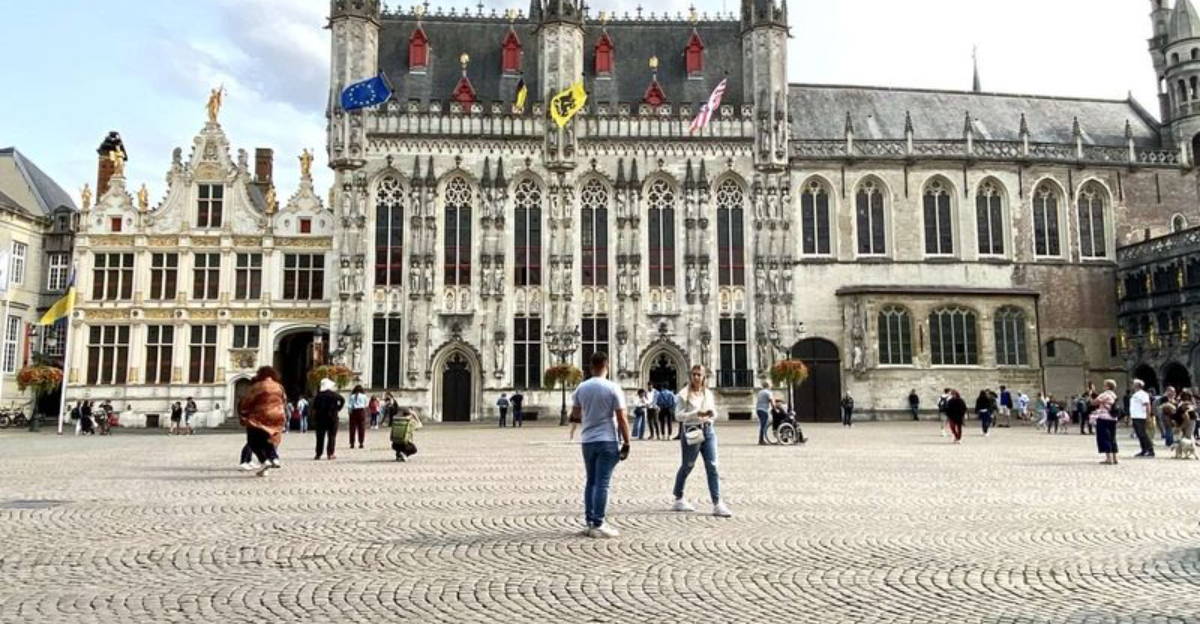
Your dream European getaway might come with a few extra price tags. As tourism surges, many iconic destinations are introducing new fees from daily visitor taxes to entry permits for hotspots to curb crowds and protect their charm.
While the costs are often small, they can add up fast if you’re not prepared. Knowing what to expect means fewer surprises and smarter budgeting.
Before you pack your bags, here’s what you need to know about the rising wave of tourist fees across Europe.
1. Venice, Italy – City Entry Tax
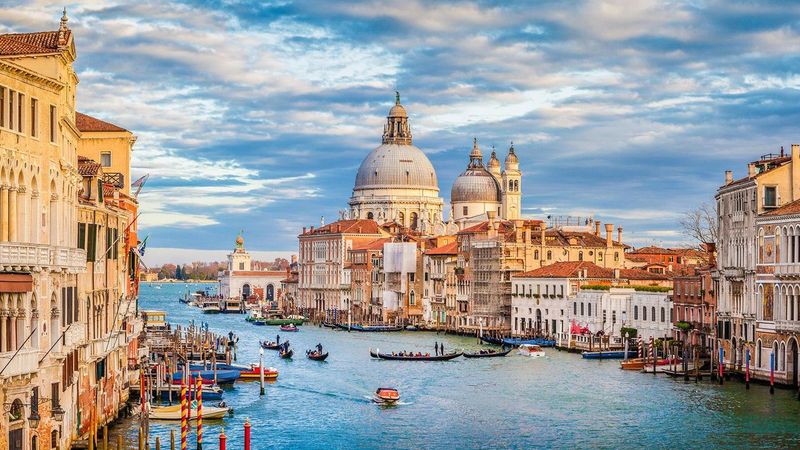
As of 2024, Venice charges day-trippers €5 to access its historic center during busy periods, setting a new standard for managing mass tourism in Europe.
This groundbreaking system uses QR codes and digital tickets to track entries. Peak days include most weekends and holidays from April through October.
Residents, workers, and hotel guests are exempt from this fee. The money goes directly toward maintaining the city’s fragile infrastructure and managing the massive tourist crowds that threaten its preservation.
2. Amsterdam, Netherlands – Tourist Tax Increase
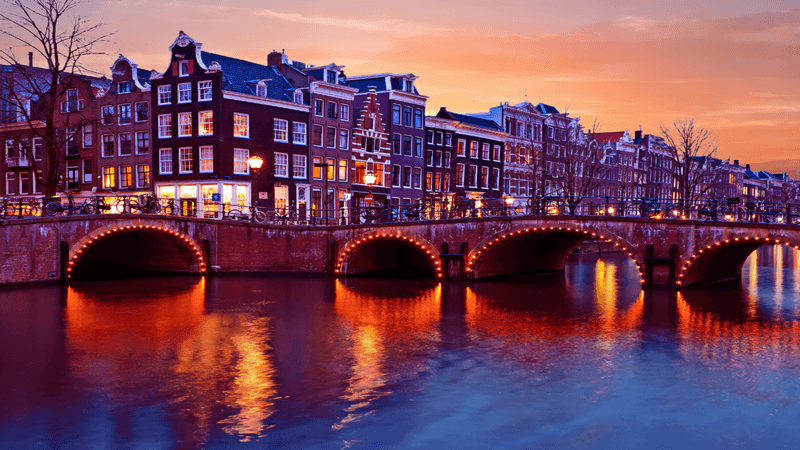
With its 2024 increase to €12.50 per night, Amsterdam now ranks among Europe’s top cities for high tourist taxes.
The city also banned cruise ships from docking in the center and limited tour groups to 20 people. These measures aim to combat overtourism in the historic canal district.
Hotel guests pay this fee directly to their accommodation. The revenue funds street cleaning, infrastructure maintenance, and programs to distribute tourists more evenly across the city’s neighborhoods.
3. Barcelona, Spain – City Tourist Fee
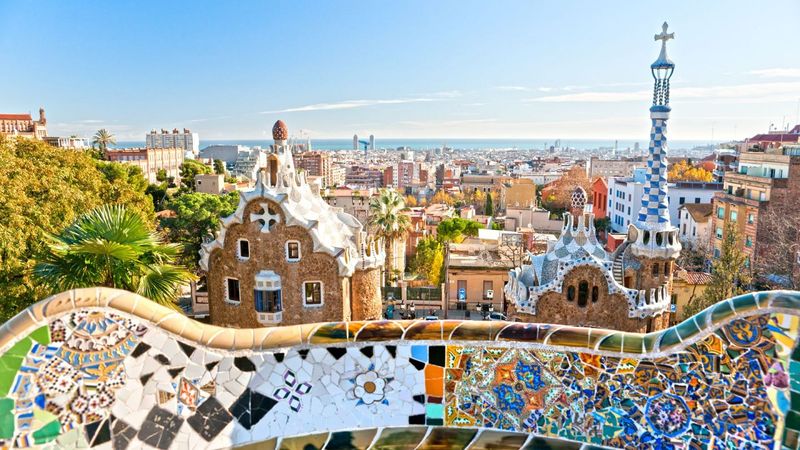
The tourist tax in Barcelona ranges from €0.75 to €3.50 per person, per night, with luxury hotels and central areas incurring the highest fees.
The Catalonian capital has also restricted new hotel construction in the city center. This policy aims to preserve neighborhoods for local residents.
Children under 16 stay free, and the tax caps at seven consecutive nights. Revenue supports public transportation improvements, park maintenance, and cultural programs that benefit both tourists and locals throughout the metropolitan area.
4. Rome, Italy – Accommodation Tax

Rome’s tourist tax varies from €3 to €7 per person per night based on your accommodation’s star rating. Five-star hotels charge the maximum rate.
This eternal city uses the revenue to fund archaeological site maintenance and improve public services. The tax applies to your first 10 consecutive nights only.
Camping sites and hostels charge the lowest rates at €3 per night. Children under 10 are exempt from all fees. You’ll pay this tax directly to your hotel, B&B, or rental property upon check-out.
5. Paris, France – Overnight Tourist Tax
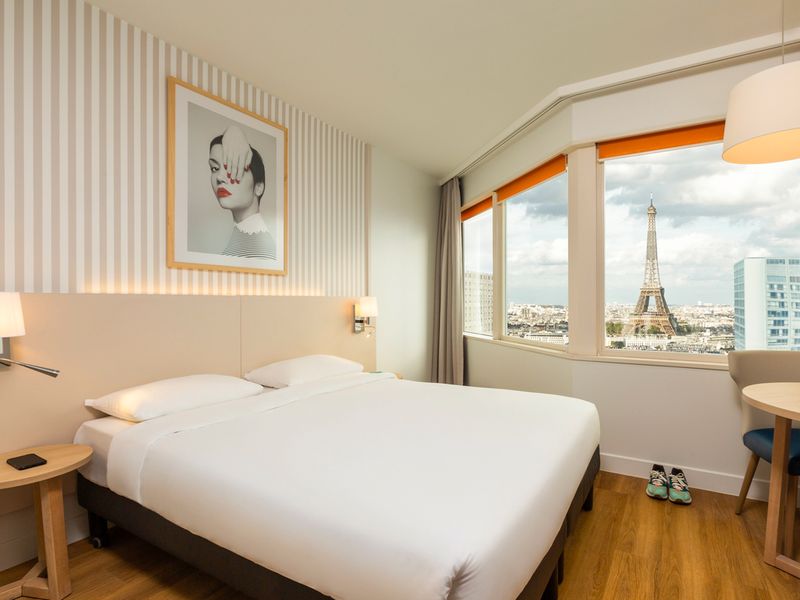
The French capital’s tourist tax varies by lodging, from just €0.20 per night for campers to €4.40 per night for palace hotel guests.
The City of Light exempts children under 18 and uses revenue for tourism infrastructure and environmental programs. The tax applies to all paid accommodations.
Airbnb hosts must collect this fee from guests and remit it to city authorities. Hotels typically add the charge to your final bill at checkout rather than including it in booking prices.
6. Dubrovnik, Croatia – Entry Permits
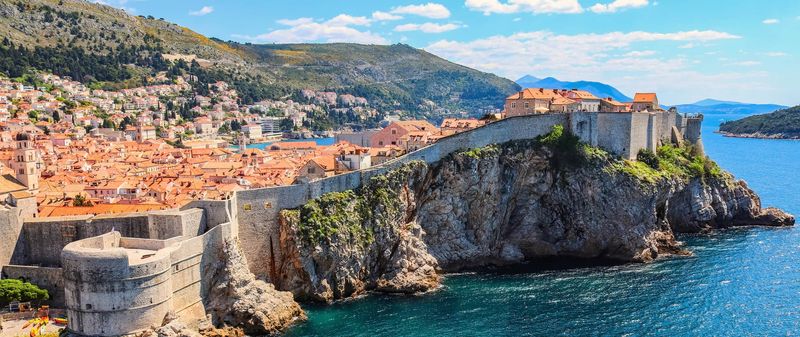
To protect its historic Old Town, Dubrovnik limits daily entry to 4,000 people in peak summer months through a regulated permit system.
This Croatian gem charges €35 for day visitor permits during high season. The system prevents dangerous overcrowding on the ancient city walls.
Hotel guests receive automatic permits with their accommodation. Cruise passengers must book permits in advance through official channels. The revenue funds wall restoration and emergency services within the historic center.
7. Santorini, Greece – Cruise Ship Tax
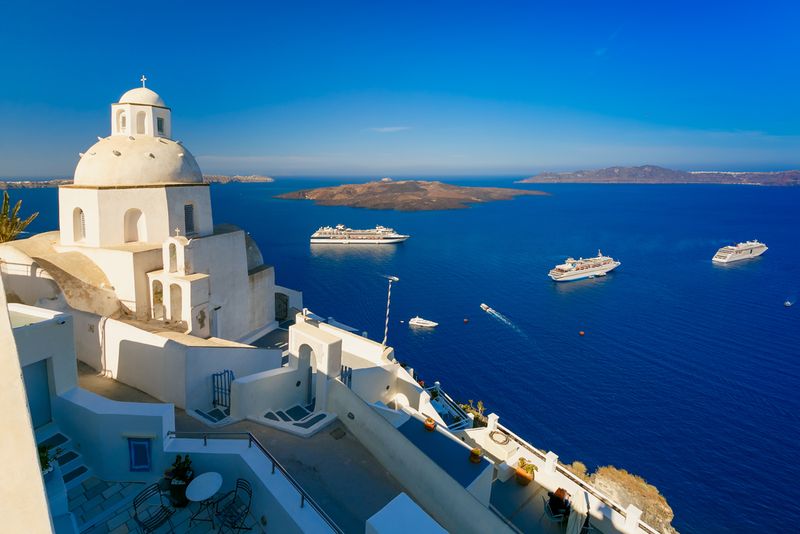
Santorini introduced a €20 fee for cruise ship passengers visiting during peak season months. This measure addresses the island’s severe overtourism problem.
The tax applies from April through October when multiple ships dock daily. Some days see over 10,000 cruise passengers flooding the tiny island.
Hotel guests and independent travelers are exempt from this specific fee. The money funds waste management, infrastructure upgrades, and environmental protection programs. Local authorities use permits to limit the number of ships docking simultaneously.
8. Edinburgh, Scotland – Tourist Tax Plans

Starting in 2026, Edinburgh will become the UK’s first city to implement a tourist tax, charging visitors £2 per night for accommodation.
The tax will apply to all accommodation types including hotels, B&Bs, and short-term rentals. Revenue will fund city services and tourism infrastructure improvements.
Local officials estimate the tax will generate £50 million annually. Children under 16 will be exempt from charges. The city council chose a flat rate rather than variable pricing to keep administration simple.
9. Mallorca, Spain – Sustainable Tourism Tax
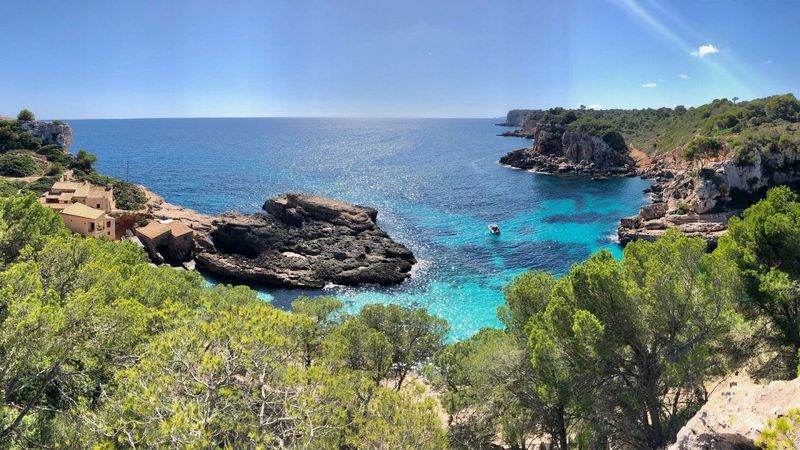
Visitors to Mallorca pay a sustainable tourism fee of €1 to €4 per night, with rates adjusted according to the accommodation’s category and star rating.
This Balearic Island uses revenue for environmental protection and sustainable tourism projects. The tax applies year-round with higher rates during summer months.
Children under 16 stay free, and rates decrease by 50% after the ninth night. Eco-certified accommodations receive tax discounts. The money funds beach cleanup programs, renewable energy projects, and natural park maintenance throughout the island.
10. Prague, Czech Republic – Accommodation Fee
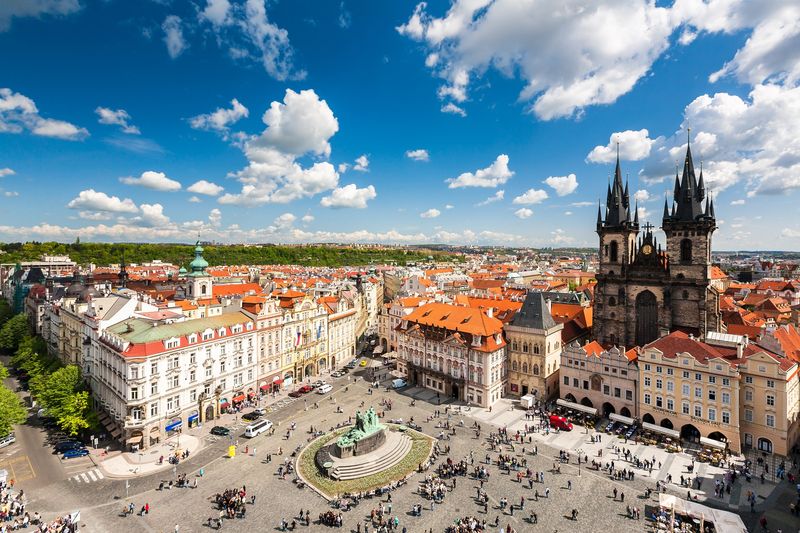
Visitors to Prague contribute approximately €1 nightly through the city’s accommodation tax, helping maintain its historic buildings and charming old town.
The Czech capital exempts children under 18 and limits the tax to your first 60 consecutive nights. Revenue supports cultural site preservation and tourism infrastructure.
Hotels collect the fee at check-out, and some include it in their published rates. The city offers discounts for longer stays and groups. Camping sites and hostels pay reduced rates compared to luxury hotels.
11. Florence, Italy – Historic Center Tax

Depending on accommodation type and time of year, Florence visitors pay a nightly tourist tax between €1 and €5, with peak fees in spring and summer.
Revenue funds restoration of historic monuments and manages tourist flow through the compact city center. The tax applies to your first seven consecutive nights.
Children under 12 are exempt from all charges. Luxury hotels near the Duomo pay premium rates while peripheral accommodations charge less. The city uses this revenue for Uffizi Gallery maintenance and public square restoration projects.
12. Bruges, Belgium – Day Visitor Fee
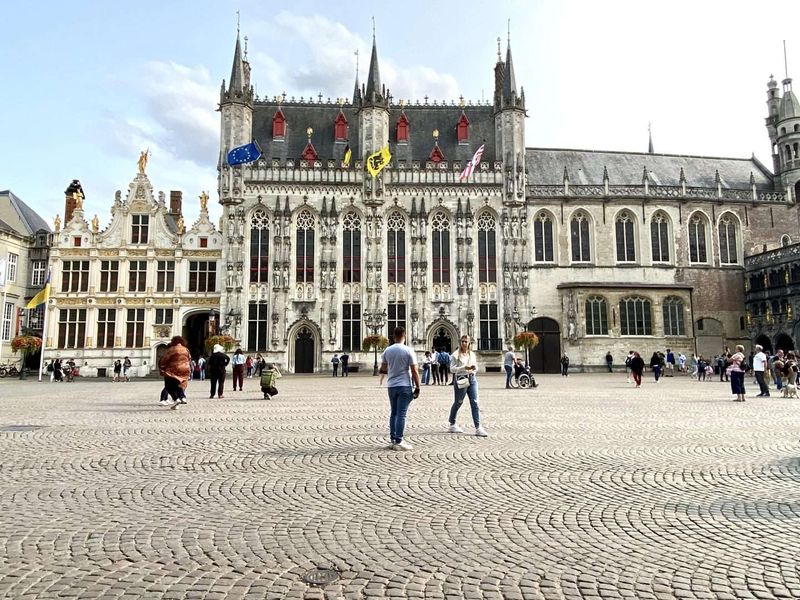
Bruges implemented a €3 day visitor tax for tourists not staying overnight in the city. This medieval gem attracts millions of day-trippers from nearby Brussels and Amsterdam.
The fee applies to organized tour groups and individual visitors entering the historic center. Hotel guests are automatically exempt with proof of accommodation.
Revenue supports cobblestone street maintenance and canal preservation. The city uses digital systems to track entries and exemptions. Local authorities hope this modest fee will encourage longer stays rather than quick day visits.
13. Lisbon, Portugal – City Tourist Tax
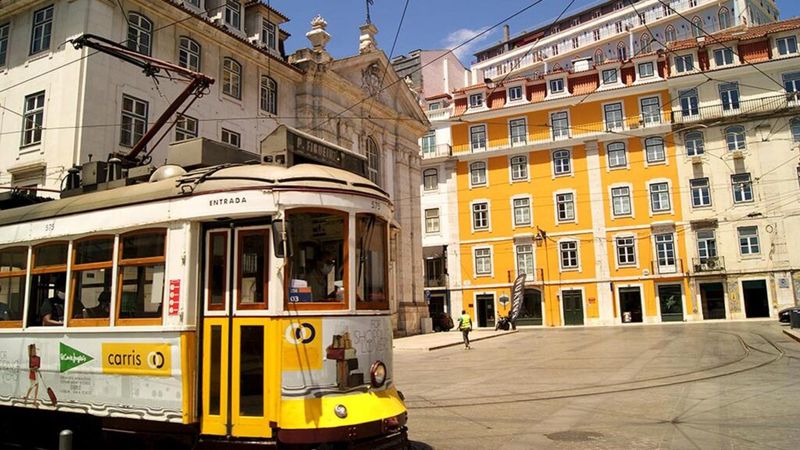
To support its growing tourism demands, Lisbon charges a €2 per night fee that directly funds improvements in public transit and city services.
The fee applies to all accommodation types including traditional pousadas and modern hotels. Children under 13 are exempt from charges.
Revenue helps maintain the iconic yellow trams and historic elevators that tourists love. The tax caps at seven consecutive nights per stay. Guests pay directly to their accommodation provider rather than city authorities, simplifying the collection process.
